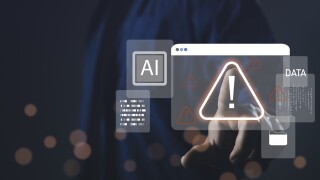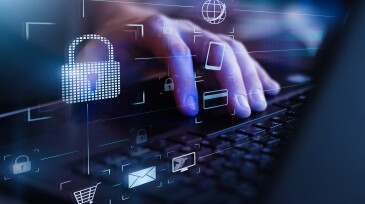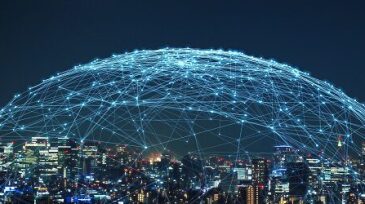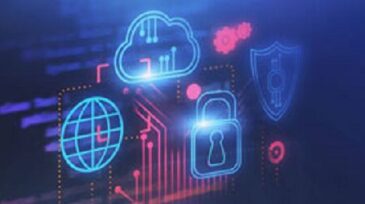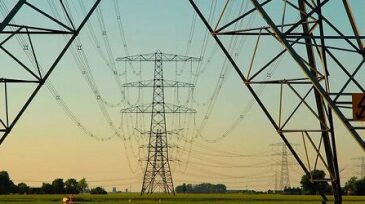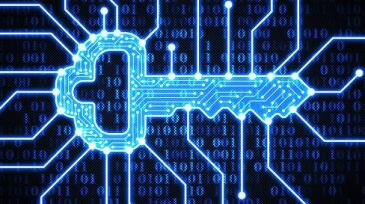Cybersecurity
This study presents a novel hybrid approach to enhance fraud detection in scanned financial documents.
AI is transforming the field of cybersecurity, offering new possibilities and challenges for both defenders and attackers, but AI also can introduce new vulnerabilities and risks and raise new ethical, legal, and social issues for cybersecurity.
The report on data from the Cybernews Business Digital Index also revealed that only 10% of top oil and gas firms passed a basic cybersecurity assessment. The rest failed.
-
Fuel is being delivered to the US East Coast again after hackers infiltrated the company’s operation. Colonial reportedly paid a $5-million ransom.
-
Colonial Pipeline shuttered its East Coast fuel pipeline system as data were hacked and held for ransom.
-
New guidelines from the European Union Agency for Cybersecurity recommend that all stages of the IoT device lifecycle need to be considered to help ensure devices are secure.
-
The rise of automation has been a common theme in stories that touch almost every business sector. One of the places where automation has shown the most value has been in enterprise security, where it can reduce costs and mitigate vulnerabilities in many instances.
-
The threat of cyberattacks on physical infrastructure, such as the electric grid and oil and gas pipelines, is a real concern in our contemporary world. Recent research states that cyberattacks will cost approximately $6 trillion annually by 2021.
-
It's not just semantics. Companies that fail to understand the differences between data privacy and data security put their brands and bottom lines in jeopardy.
-
Cybersecurity technology and service providers are shifting priorities to support current needs: business continuity, remote work, and planning for transition to the next normal.
-
The oil and gas industry is increasingly characterized by complex connectivity, but our digital dependency brings a new realm of cyber risks. Are we cyber-ready?
-
With evolving targets and techniques, the digital landscape is quaking. Are you cyber-ready for the threats?
-
This policy brief explores the key issues in attempting to improve cybersecurity and safety for artificial intelligence as well as roles for policymakers in helping address these challenges.


